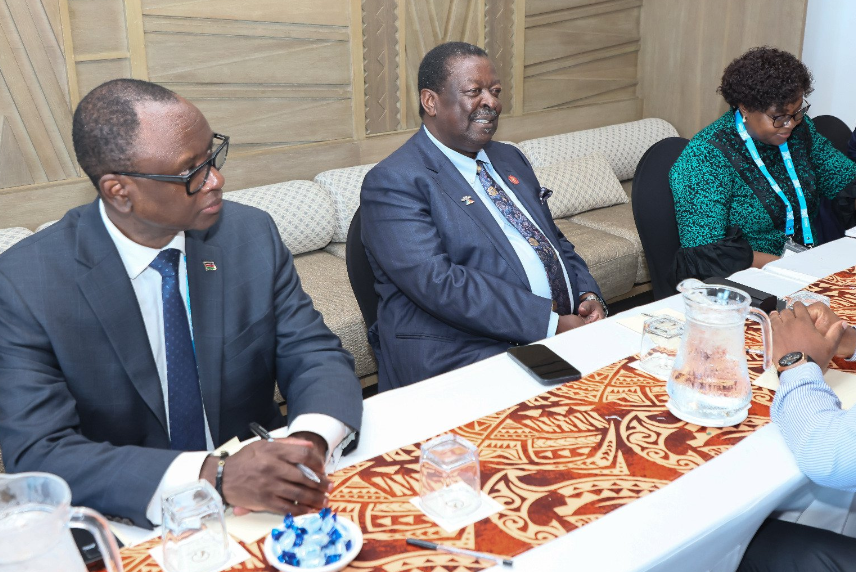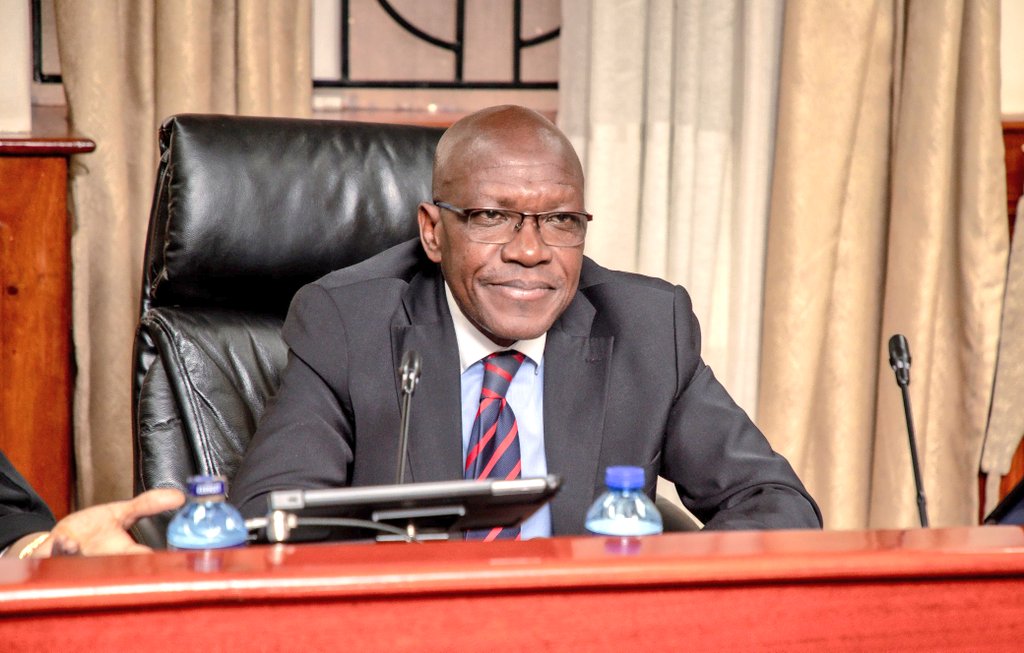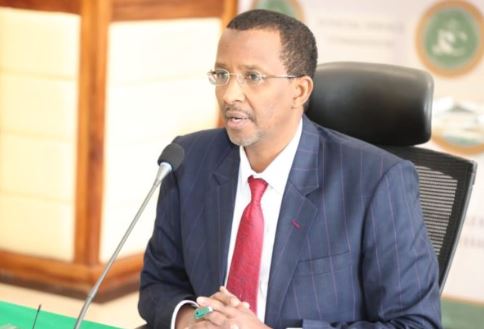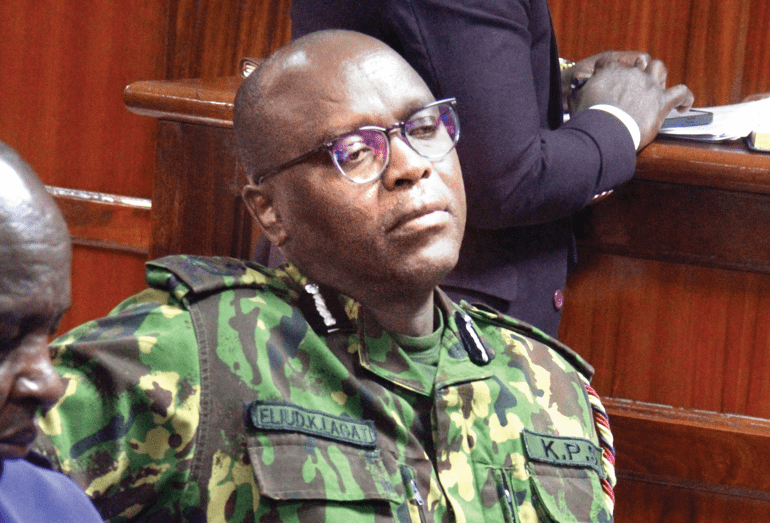New realities put Commonwealth at crossroads

The 27th Commonwealth Heads of Government Meeting (CHOGM) is underway in Samoa until October 26, with the theme “One Resilient Common Future: Transforming Our Common Wealth”. Countries that were once firmly in the orbit of Western influence are now seeking new relationships outside the Commonwealth’s historical sphere. This realignment has weakened the once-dominant influence of the United Kingdom, the Commonwealth’s de facto leader.
Britain’s reduced role on the global stage, exacerbated by Brexit, has made it more difficult for the UK to lead the Commonwealth in the same way it once did. The very idea of former colonies following the lead of a diminished Britain seems increasingly outdated, especially as many Commonwealth countries now seek more assertive, independent roles in the world. For the Commonwealth to remain relevant, it must adapt to these new realities.
The focus is on strengthening democratic institutions, promoting human rights and upholding the rule of law to build resilient societies. Additionally, the meeting aims to advance discussions on sustainable development, environmental protection and economic cooperation among the 56 member countries
At the heart of the challenge is the question of the Commonwealth’s continued relevance. The organisation was founded on shared history, but the economic and political realities of its members have diverged significantly. Small island nations in the Caribbean and Pacific face urgent challenges from climate change and economic sustainability, while larger members like India and South Africa are preoccupied with their own regional ambitions. This divergence is making it difficult to align the Commonwealth’s goals with the needs of all its members.
Leaders meeting in Samoa must confront the key issue – what role does the Commonwealth play in today’s world? Its stated commitment to democracy and human rights has come under scrutiny, with some member states, such as India, facing accusations of backsliding on these very values.
The erosion of democracy in some member countries raises further questions about the Commonwealth’s moral authority. If the organisation cannot hold its members accountable for upholding its principles, then its credibility as a force for good in the world is in jeopardy.
Climate change presents perhaps the clearest fault line in the Commonwealth. For small island developing states like Samoa, climate action is not just a policy priority. It is a matter of survival. Rising sea levels and extreme weather events threaten their very existence. And yet, the larger economies in the Commonwealth, such as the UK, Australia and India, have often prioritised economic growth over the urgent need to curb emissions.
This disconnect between the interests of small nations and those of larger ones has been compounded by Britain’s exit from the European Union. For decades, Commonwealth members benefited from preferential trade agreements with the EU. While Britain promised a “Global Britain” that would revitalise trade within the Commonwealth, the reality has been less promising. Countries like New Zealand, India and Canada are already looking for alternative trade opportunities, further straining the Commonwealth’s economic cohesion.
As the leaders convene in Samoa, the Commonwealth’s survival hinges on its ability to adapt to a changing world. It must find a renewed sense of purpose that reflects the diverse needs of its members, both large and small. With new and emerging geopolitical realities, the Commonwealth can no longer afford to rely on historical ties alone.
This week’s CHOGM is a moment of reckoning. The leaders have the opportunity to reshape the Commonwealth into an institution that remains relevant in the 21st century. If they fail to rise to the challenge, the Commonwealth risks fading into irrelevance, leaving behind the millions of people who still look to it for leadership and hope. The real question is not whether the Commonwealth can survive, but whether it can thrive in a world where its founding principles must be redefined and revitalised.
— The writer is a PhD student in International Relations












